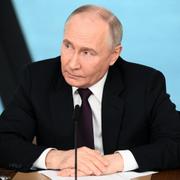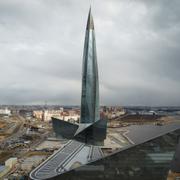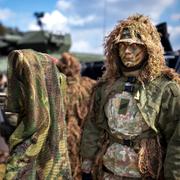
Forskare: Kyiv och Warszawa kan krossa Putins drömmar
Både Polen och Ukraina har format sina nationella identiteter kring motståndet mot rysk imperialism och efter Putins invasion står länderna närmare varandra än någonsin. Det skriver Pawel Markiewicz, chef för tankesmedjan Polish Institute of International Affairs, och statsvetaren Maciej Olchawa i Foreign policy.
De lyfter alliansen som en ljusglimt efter att relationen mellan de båda länderna varit frostig efter andra världskriget, där Polens kommunistiska regim fördrev ukrainare. Senare spreds propaganda där ukrainare utmålades som blodtörstiga fascister.
”Den komplicerade bakgrunden gör Polens solidaritet med Ukraina ännu mer anmärkningsvärd”, skriver de.
De nya allierade i öst kommer enligt Pawel Markiewicz och Maciej Olchawa att bli viktiga för den framtida europeiska säkerheten och kan ha möjlighet att tillsammans krossa Putins imperialistdrömmar en gång för alla.



